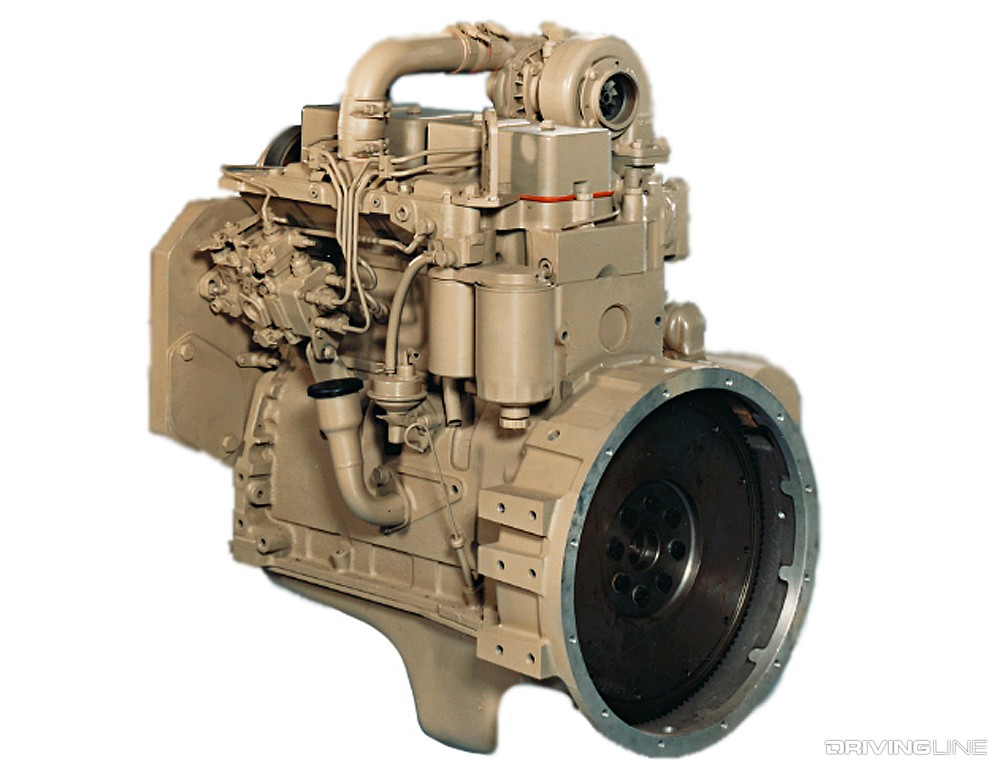The Volkswagen 1.9L TDI engine, renowned for its fuel efficiency in passenger cars, and the commercially designed 4BT Cummins are seemingly worlds apart. Yet, these two four-cylinder diesel engines share surprising similarities: impressive 500,000-mile durability, simple construction, and significant performance potential. This makes them popular choices for engine swaps and performance builds, leading to inevitable comparisons. This article delves into a head-to-head comparison of the 1.9 Tdi Volkswagen engine and the 4BT Cummins, examining their strengths, weaknesses, and suitability for various applications.
4BT Cummins: The Industrial Workhorse
The 4BT Cummins, sharing its architecture with the legendary 5.9L 6BT, is built for heavy-duty applications. Its robust construction includes forged-steel connecting rods, durable pistons, a forged-steel crankshaft, and a cast-iron block and head. Six head bolts per cylinder ensure exceptional clamping force. This engine is designed to handle significant power upgrades without compromising reliability. A notable feature is its mechanically injected fuel system and fixed geometry turbocharger, minimizing electronic complexities and potential points of failure. The gear-driven accessories further enhance its durability and commercial-grade appeal. However, its lack of emissions equipment reflects its older design.
1.9 TDI Volkswagen: The Efficient Powerhouse
The 1.9 TDI Volkswagen engine, primarily found in vehicles like the Jetta, Golf, and Passat, prioritizes fuel efficiency. Despite its modest factory output of 90 hp and 155 lb-ft of torque, it boasts a surprisingly robust cast-iron block and forged internals. This engine is capable of handling substantial power increases without major modifications. Its electronically controlled VP37 rotary injection pump and variable geometry turbocharger (VGT) contribute to both performance and efficiency. The VGT, while vacuum-actuated and potentially susceptible to leaks, offers superior responsiveness compared to the 4BT’s fixed geometry turbo. The 1.9 TDI Volkswagen engine’s affordability, widespread availability, and potential for significant tuning make it an attractive option for enthusiasts.
The 1.9L TDI ALH is known for its durability and efficiency.
Key Differences and Considerations
While both engines are durable, key differences exist. The 4BT Cummins is significantly heavier and larger, requiring more space for installation. Its mechanical injection system is simpler but less precise than the 1.9 TDI’s electronic system. The 1.9 TDI Volkswagen engine excels in fuel economy and offers a more responsive turbocharger, but its timing belt requires regular maintenance, and the EGR system can present issues over time. The 4BT’s gear-driven design eliminates the timing belt concern.
Conclusion: Choosing the Right Diesel
The choice between a 1.9 TDI Volkswagen and a 4BT Cummins depends on the specific application. The 4BT is ideal for heavy-duty projects demanding raw power and ultimate simplicity. The 1.9 TDI Volkswagen engine shines in applications requiring a balance of power, efficiency, and affordability. Both engines offer exceptional durability and a strong aftermarket following, ensuring ample support for performance enhancements and maintenance. Understanding the strengths and weaknesses of each engine is crucial for making an informed decision.

